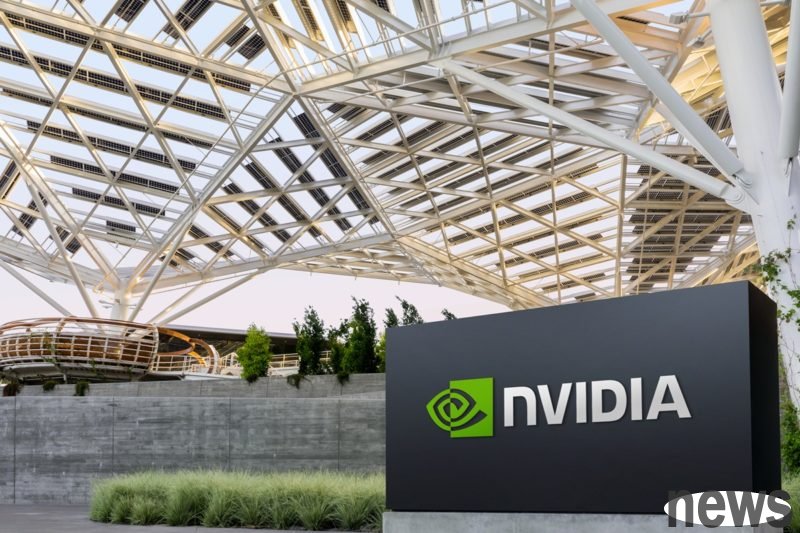
US chip giants NVIDIA and Supermicro agreed to hand over 15% of their chip sales proceeds to the US government as a condition to obtain nuclear export permission. Baigong said today that this agreement model may be extended to other companies; the Ministry of Commerce is clarifying the legality and specific operation methods.
The Financial Times of the UK recently reported that NVIDIA and Ultramicro (AMD) have agreed to hand over 15% of their chip sales revenue to the US government as a condition to approve the export permission to the Chinese market. The report quoted American officials as saying that the above arrangements apply to NVIDIA's H20 chips and ultramicro MI308 chips; the Trump administration has not yet decided how to use these models.
In response to this, White House spokesperson Karoline Leavitt responded to media inquiries this afternoon that the arrangement currently involves only two companies, and "it may be expanded to other companies in the future."
She believes that this is a creative idea and solution; as for legitimacy and specific operation methods, the US Department of Commerce is still clearing it.
Lee Witt emphasized that Trump and his trade team proposed this idea to win a good agreement for the American people and taxpayers.
Foreign power reports, NVIDIA, based in California, produces some of the world's most advanced semiconductors, but because the Chinese government is worried that China may use these chips to improve its military capabilities, NVIDIA cannot ship the cutting-edge chips to China.
NVIDIA has specially developed a reduced-privileged AI chip H2O in order to ship to China. The plan was temporarily suspended after the Trump administration tightened export permit regulations in April, but the United States has now lifted the ban on NVIDIA's sale of H20 chips in China.
Extended reading: NVIDIA and AMD China chip sales revenue was 15%, and the US export permit was exchanged